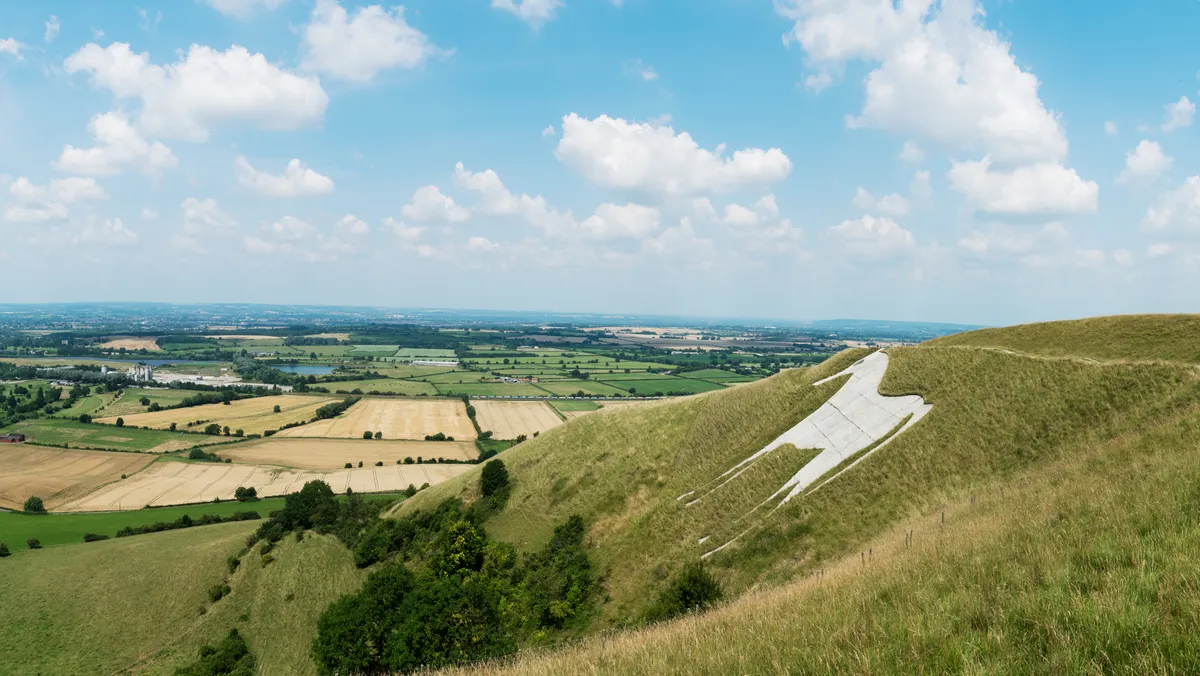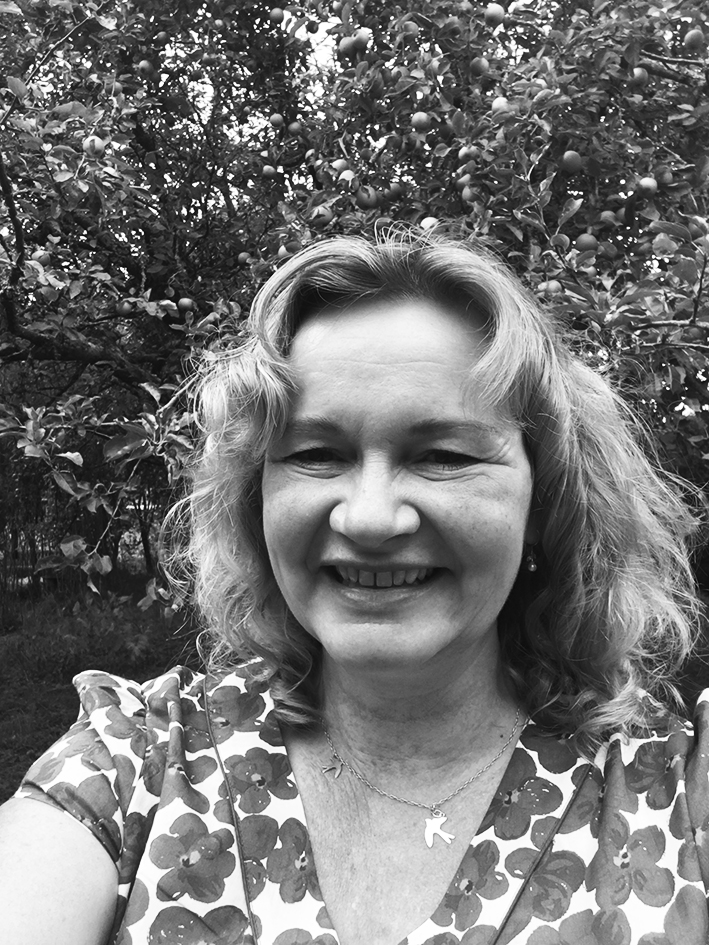I’ve always described myself as a ‘country girl’ but, increasingly, I wonder what that means. Growing up on the rural edge of small towns or villages, it was a defining, fierce and helpful moniker. It symbolised certain things about me I wanted to show or be – a kind of “but I belong out there”.
Specifically though, for me, it meant I was someone immersed in nature, who ‘understood’ and wanted to know things. From my childhood bedroom-carpet model farm, to the pony books and rural novels I read endlessly, the working, rural life was everything.
This only deepened in adulthood, working with horses, on a farm, for a conservation charity, and campaigning, protesting for and writing about nature. I married a ‘countryman’ and we raised our three children in a sequence of tied or tenanted farm cottages, in various stages of benign neglect.
As well as writing about wildlife and nature now, I also work in a small rural secondary school, where children are bussed in from the villages and are just as likely to be farm workers’, grooms’ or gamekeepers’ kids, as they are of employees of cutting-edge global business.
More related content:
- Nicola Chester: The right to roam could heal our broken relationship with nature
- On Gallows Down: Tales of nature and protest with writer Nicola Chester
- Wiltshire guide: history, days out, walks and places to eat and stay
White horse, Westbury/Credit: Getty

It often seems that this high-chalk country – of soaring swallow-flight curves and combes, of curry-combed corduroy fields and ancient woodland and monuments to the first farmers of the area – is a delicious and wry conundrum. It is also home to high-tech ‘big ag’, vast pheasant shoots and large country estates owned by investors. Welcome to the breathtaking North Wessex Downs AONB; particularly, my remote-seeming rural corner, set in the kitten heel of the Berkshire ‘shoe’ on the border of Wiltshire and Hampshire, 70 miles from London.
This is a place where you can mistake a voice or figure from the past for the shape and picture of the wind, blowing like an oboe through a metal gate. I have a love for the past, but am wary of rose-tinted nostalgia. I love traditions, but tradition can be a coercive, exclusive thing, too.
So we must listen with fresh ears and new insight. The countryside has always been about change and progress, even though it does so with a lacquer of timelessness. It is these conundrums, assumptions and associations that I’m intending to explore in this column.
I’m still that country girl, but older and possibly wiser, I look at that label differently now. I am still utterly defined by nature, by the rural, but I am also defined by the loss and lack of it.
Nature isn’t exclusive to the countryside and the countryside is not always a safe place for wildlife. Every plant, butterfly, small flock of farmland birds is a thrill, a joy, a celebration – and a heartbreaking remnant of what once was (and, because we must have hope and action, what could be again). The countryside is rich in culture and history, but lacks in cultural diversity and opportunity. We are sometimes removed from the work our farmers do, and access to knowledge and the land can be complex and discouraging. It is a privilege to live ‘in the sticks’ and yet, we go without many services and, at times, struggle.
So, yes, I am a countrywoman and in my columns I’m looking forward to exploring what our beloved ‘countryside’ is, and what it means to us, as we adapt to the biggest changes we have ever faced. And we’ll do it as best we can, with nature, the land and the country at our heels and in our hearts, wherever we are and wherever we are from.
